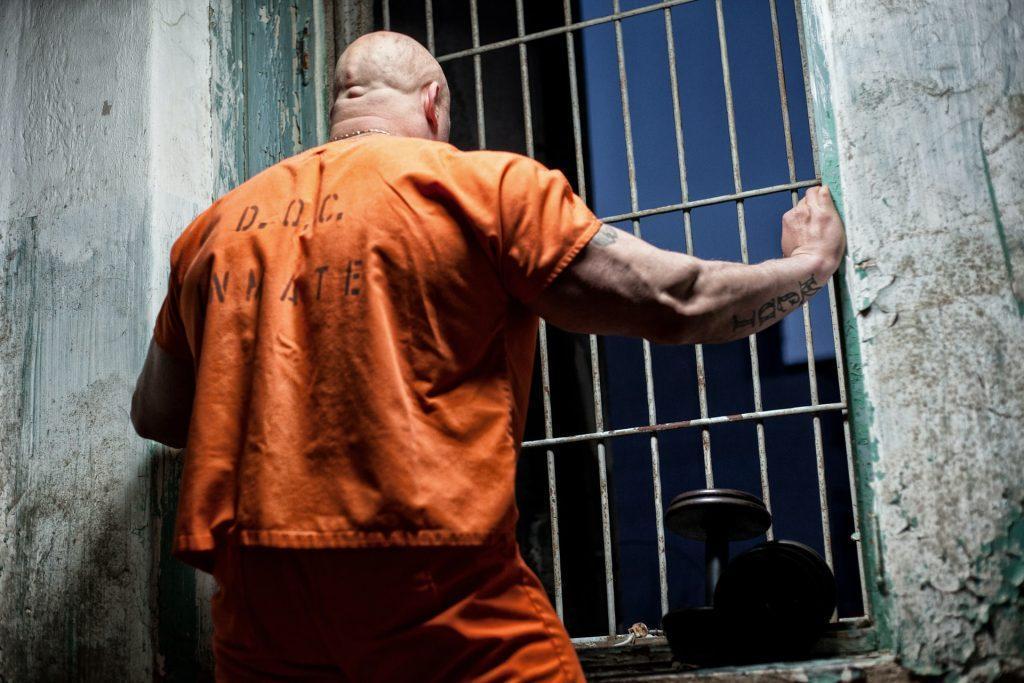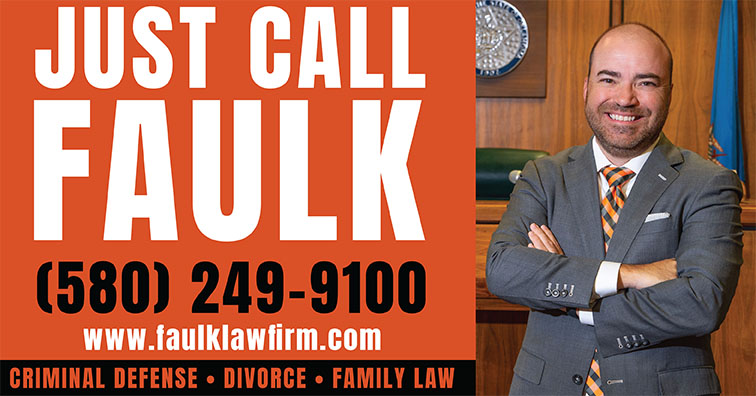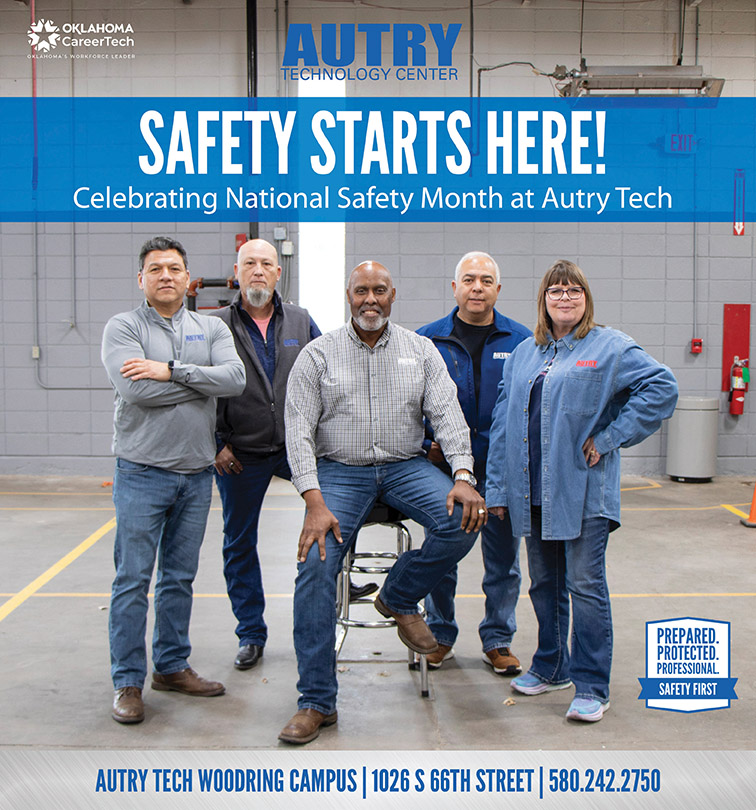In 1988, I was participating in a clinical supervision meeting. Our Clinical Supervisor asked, “Do all people need counseling?” She followed up with, “What is counseling?” A few counselors threw out a definition. She continued, “The world is changing. People used to connect at church dinners. Farmers met at the Co-op after chores for coffee. We knew our neighbors. Neighborhood schools provided an environment in which it was easy for most children to adapt. We were more connected. Our society has become more diverse and more disconnected.” She was right. Our lives had become more complex. With the cost of living outpacing wages, which now requires two incomes, easy accessibility to credit, fast food, and the ‘I want it now’ attitude which has increased anxiety. ‘Do more, faster’ seems to the norm.
The Vietnam veterans returned. Most had been traumatized, often seriously. Their families had been traumatized by the fear of them not returning. Some didn’t return which left a broken home, a single mom, and struggling families. Many veterans returned with, or developed, serious addiction problems.
The changing world was difficult in which to adapt. Stress, anxiety and depression, (S.A.D.) was on the rise. Trauma increases the cortisone and adrenalin levels in the brain increasing anxiety. The ability to adapt is minimized. With adapting more difficult, we attempt to avoid change. Avoidance comes in many different forms. Substance abuse is one that greatly exacerbates societal problems. Although “Substance Use Disorder” is a disease, it may best resonate and is treated as a part of a mental health disorder. It IS a mental health disorder generally driven by other disorders and/or creating other disorders.

Traumas in life can reduce our feelings of self-value. Feelings of being disconnected can emerge. We continue to grow a society of emotional pain. The stigma of seeking help for mental health services perpetuates the problem. Based on the DSM-5, approximately 52% of today’s population would meet the criteria for a mental health diagnosis. Of that 52%, about 7% are at the severe level.
In Oklahoma, we have an “Imbalanced Trifecta.” We are 46th in funding for education. We are 46th in funding for mental health. We are currently #1 in the incarceration of women and #2 in the incarceration of men. Approximately 75% of inmates are non-violent offenders.
Statistics from The Department of Health indicate Oklahoma is # 1 in traumatized children. They are victims of neglect, physical and/or sexual abuse, domestic abuse, living with a mentally ill person or a parent leaving, dying or being incarcerated. Injured people often act out with “injured behaviors.” The inability to adapt due to trauma and the repetitive injury to others escalates the shame in the injured. Locking up “injured behaviors” of non-violent offenders rather than healing the injury increases societal damage. The prison environment is traumatizing. Putting addicted non-violent offenders in an environment full of drugs and violence increases injury and recidivism.

Well-funded education for prevention, identifying emotional injuries earlier, and a well-funded mental health system, will slow the revolving door of incarceration. By reducing the rates of incarceration, we significantly reduce the cost to help balance the “Imbalanced Trifecta.”
Without risking public safety, we could get much better results funding the healing of the injured rather than incarceration. When prisons are full, we stack four in a two-person cell. When our mental health facilities are full, we send those in need back home to suffer. It costs over $20,000 a year to house an inmate. It costs approximately $2,300 per year to heal injured behaviors. The mental health crisis is rooted in a faulty ideology. We must do better.






























